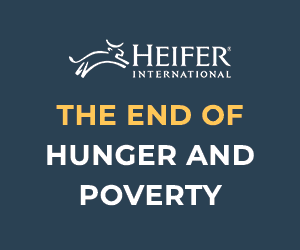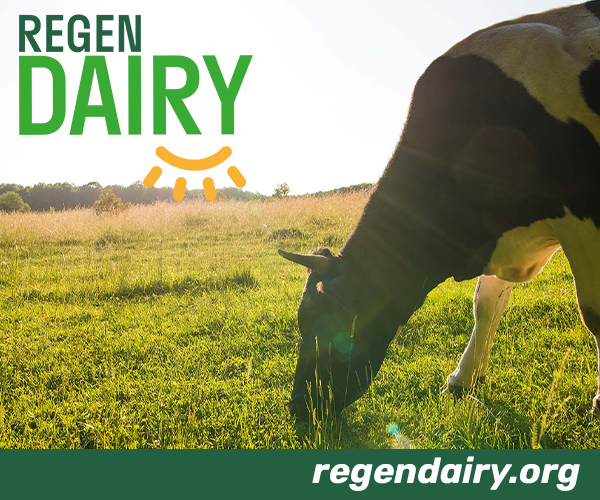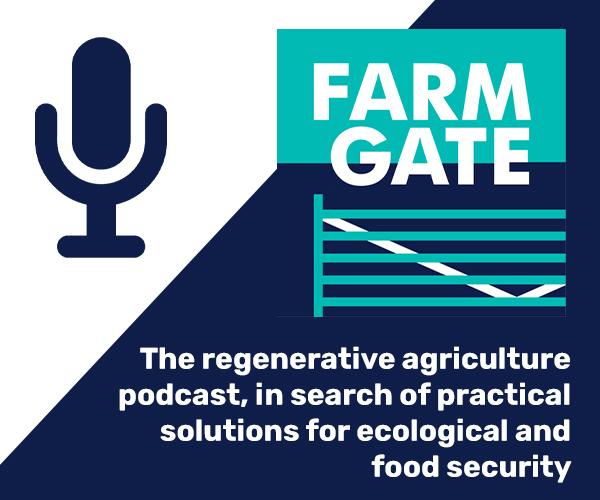



Cutting VAT on food not a priority, says Portugal's finance minister
Direct subsidies issued to help vulnerable families afford basicsPortugal has no intention of lowering the 6% value-added tax (VAT) levied on basic food products, but will continue to grant direct subsidies to help the most vulnerable families cope with rising prices, Reuters reported, citing Finance Minister Fernando Medina.
Speaking to reporters in Brussels following a meeting of the European Union's finance ministers, Medina said his government had been subsidising the poorest families, which spend a larger part of their budget on basic food products and has also increased the minimum wage and social benefits in 2023.
"This has always been our priority and it will continue to be during 2023: reinforce the income of the most vulnerable families and concentrate our efforts there," he said in a statement aired by public broadcaster RTP.
"We do not consider the reduction of VAT (on basic food products) a priority," Medina added.
Opposition politicians and activists have criticised the government for focusing on cutting the deficit, instead of redistributing higher tax revenues as prices have risen among more vulnerable families and businesses.
Portuguese consumer prices rose 8.2% year-on-year in February, a slowdown from the 8.4% reported in the previous month. But core inflation, which strips out volatile food and energy prices, clocked in at 7.2% year-on-year, up from 7.0% in January.
Putting pressure on core inflation is the rise in prices of unprocessed food products, such as fruit and vegetables, which surged 20.11% year-on-year in February, while energy products rose only 1.96%.
Medina said that the food and economic security authority ASAE was investigating the profit margins of large food retailers, such as Jeronimo Martins <JMT.LS> and Sonae <YSO.LS>, "which will tend to mitigate these price increases".
In mainland Portugal, basic food items such as rice, pasta, bread, milk, dairy products, meat, fish, and fruits and vegetables carry a minimum VAT rate of 6%. Other food products and beverages are taxed at either 13% or 23%.
In December, EU finance ministers gave governments more flexibility regarding the VAT rates they can apply to goods and services.
In December, Spain exempted some basic food products - such as bread, milk, cheese, eggs, fruit, vegetables, legumes, potatoes and cereals - from VAT for six months and reduced the rate on foods such as olive oil and pasta to 5% from 10%.









